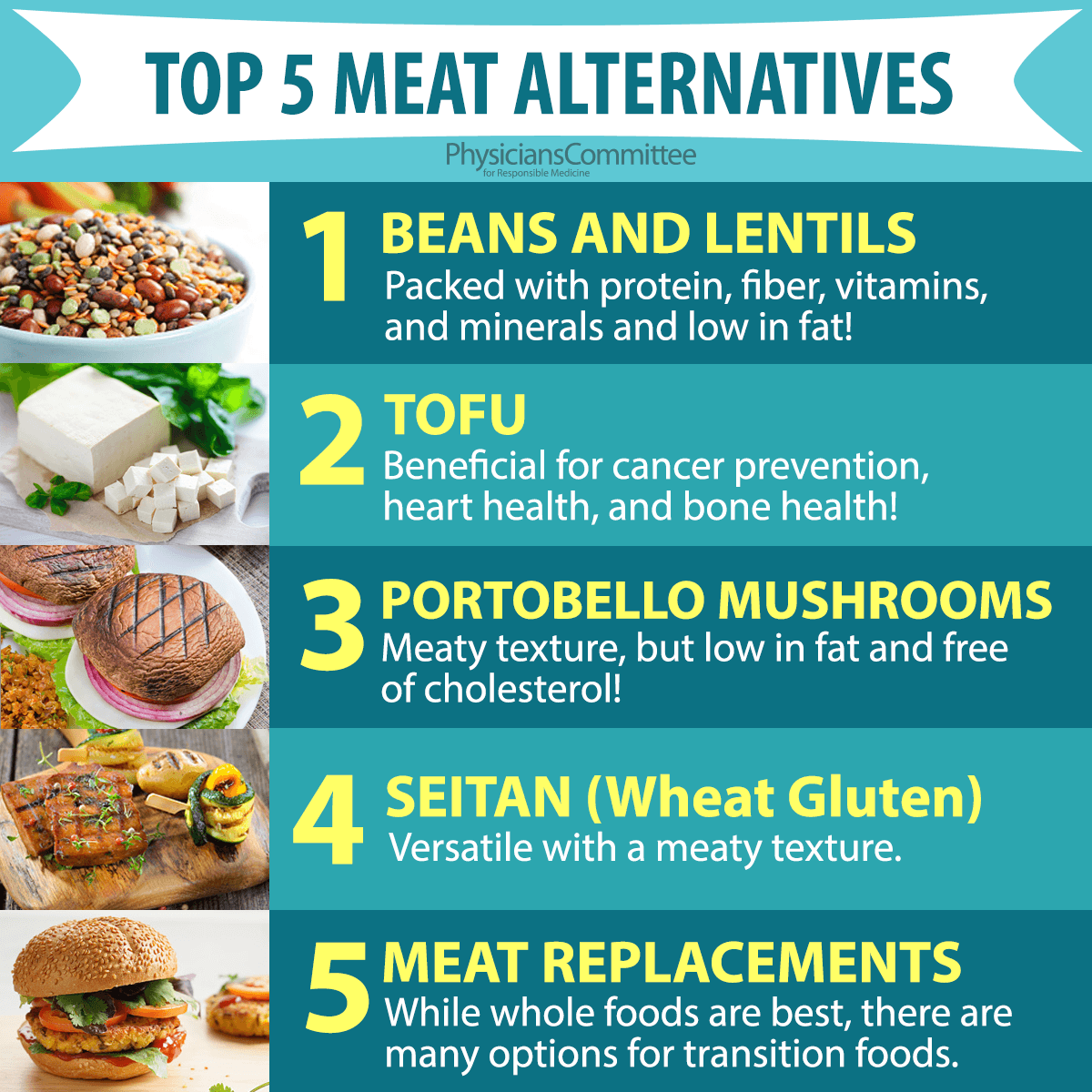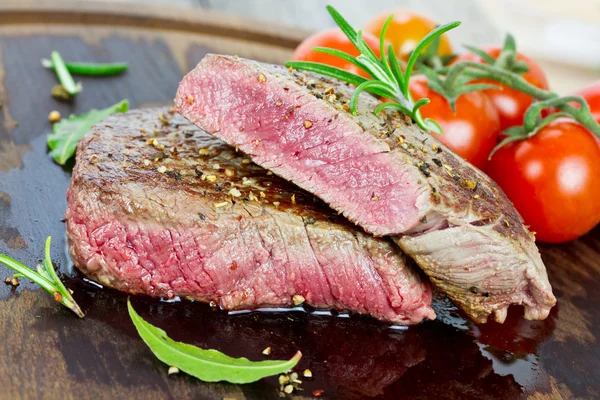In this blog post, you will explore the pros and cons of eating red meat.
Meat has been a vital part of the human diet, for centuries. It supplies your body with essential nutrients for healthy living. However, there is a growing trend against the adverse health effects of consuming red meat and the environmental impact of its production. You will explore some of the key risks associated with consuming red and processed meats.
Besides, you will learn about red meat alternatives such as TOFU to limit your red meat consumption for better health and a sustainable planet.
The Historical Significance of Meat
The nutritional benefits offered by meat were crucial for survival and the development of early human societies.
Our ancestors relied on meat as a source of energy, materials for cell structure, and essential vitamins and minerals. It provided a dense and easily accessible source of essential nutrients, allowing humans to thrive even in harsh environments.
Nutritional Benefits of Meat

Are you looking for the nutritional and health benefits of a meat-based diet?
According to available research, meat is packed with essential nutrients that are vital for overall health. It contains significant levels of essential vitamins, including vitamin B12, which is primarily found in animal products and plays a crucial role in brain function and DNA synthesis. Additionally, meat is an excellent source of high-quality protein, iron, zinc, and various B vitamins. These nutrients are essential for energy metabolism, the formation of red blood cells, and the proper functioning of the immune system.
To summarise, here are the benefits of eating meat.
- Protein for Growth and Nutrients: Meat is a rich source of protein, providing vital nutrients like iodine, iron, zinc, and vitamin B12, crucial for growth and development.
- Metabolism and Appetite: High-protein diets can boost metabolism, reduce hunger, and promote satiety, aiding in weight management.
- Muscle Maintenance: Increased protein intake is linked to the preservation and growth of muscle mass.
- Digestive Health: Some individuals find benefits in their digestive health when following the carnivore diet, primarily based on meat consumption.
- Inflammation Reduction: The carnivore diet has been associated with reduced inflammation, potentially benefiting those with inflammatory conditions.
- Stabilized Mood and Energy: Following a carnivore diet has been reported to lead to stabilized energy levels and improved mood for some individuals.
Health Risks of Meat Consumption
Does eating red meat cause cancer?
Well, according to many credible studies, the excessive consumption of red meat, such as beef and lamb, has led to an increased risk of diabetes, strokes, and certain types of cancer. However, most of those studies that link health risks to red meat consumption are based on case-control studies. It makes it challenging to eliminate other factors that may contribute to these diseases.
Other notable risks of eating red meat you should know are;
- Increased risk of chronic diseases: Red meat and especially processed meat is associated with increased risks of cardiovascular disease, cancer, and dementia
- High in saturated fat and sodium: Meat may be high in saturated fat and sodium, which can have adverse effects on health
- Harmful compounds: When meat is cooked at a high temperature, it can form harmful compounds such as heterocyclic amines (HCAs), polycyclic aromatic hydrocarbons (PAHs), and advanced glycation end-products (AGEs)
- Increased risk of death: Several observational studies show that red meat is associated with a greater risk of death, including heart disease
- Increased risk of high cholesterol, high blood pressure, and heart disease: Consuming large quantities of meat has been linked to an increased risk of high cholesterol, high blood pressure, and heart disease
- Gout: According to the research grilling and barbecuing meat (nyama choma) can potentially cause gout due to the high purine content in meat.
The Dangers of Processed Meat

Processed meat, including sausages, bacon, and deli meats, poses significant health risks.
The products often contain harmful chemicals like nitrates and nitrites, which can damage DNA and increase the risk of colorectal cancer. The World Health Organization (WHO) reviewed hundreds of studies and concluded that each additional 50 grams of processed meat consumed per day increases the relative risk of cancer by 18 percent.
It is advisable to limit or eliminate the consumption of processed meats to reduce the risk of developing colorectal cancer.
Is there A healthier way to Eat Meat?
How can get the benefits of eating red meat whole minimizing its risks?
Some of the tips proposed include eating more unprocessed meat, avoiding high-heat cooking, including plant foods in your diet, and choosing organic or grass-fed meat whenever possible. It is also important to follow the recommended serving size and to cook and store meat and poultry safely. Public health agencies suggest consuming no more than 500 grams of meat per week and reducing processed meat consumption to a minimum.
Other simple tips for you to consider are.
- Eat unprocessed meat to avoid harmful additives and preservatives.
- Choose organic or grass-fed meat whenever possible to avoid exposure to antibiotics and hormones.
- Follow the recommended serving size to avoid consuming too much salt and saturated fat.
- Cook and store meat and poultry safely to avoid foodborne illness.
- Avoid high-heat cooking to reduce the formation of harmful compounds such as HCAs, PAHs, and AGEs. Some gentler cooking methods, like stewing and steaming, instead of grilling and frying are better.
- Don’t expose your meat directly to a flame. Limit taking of burnt and charred and berberqued meat.
- Limit consumption of red and processed meat to reduce the risk of chronic diseases such as heart disease, stroke, diabetes, and cancer.
- Choose lean cuts of meat and poultry to reduce the intake of saturated fat.
- Avoid consuming large quantities of meat to reduce the risk of high cholesterol, high blood pressure, and heart disease.
- Drink plenty of water to help flush out uric acid from your body
The Environmental Impact of Meat Production
Do you know that Livestock production accounts for about 14.5% of global greenhouse gas emissions?
Beyond its health considerations, meat production has significant environmental implications. The meat industry is a major contributor to climate change, accounting for a significant portion of greenhouse gas emissions, deforestation, and water pollution. The excessive demand for meat has also led to unsustainable practices such as overfishing and the destruction of marine ecosystems.
In short, this is how meat on your plate is impacting the environment.
- Pollution: Animal agriculture can cause pollution of waterways and soil due to the use of fertilizers, pesticides, and manure
- Greenhouse gas emissions: Meat production is a significant contributor to greenhouse gas emissions, particularly carbon dioxide, methane, and nitrous oxide
- Biodiversity loss: The destruction of forests and other natural habitats for livestock production contributes to the loss of biodiversity and the extinction of species
- Land use: Meat production requires vast amounts of land for grazing and growing feed crops, which can lead to deforestation and habitat destruction
- Water use: Animal agriculture is a significant consumer of water, both for drinking by the animals and for growing feed crops. According to the French national research agency, INRA, it takes 50 liters of ‘real’ water (blue water) to produce 1 kilogram of beef.
- Disease: Meat production has the potential to spread diseases, both to other animals and to humans
To reduce the environmental impact of meat production, it is important to reduce meat consumption, choose plant-based alternatives, choose organic or grass-fed meat, reduce food waste, and support sustainable agriculture practices.
Are There Health Alternatives to Red Meat

While meat provides important nutrients, its health effects vary depending on the type and quantity consumed.
Fish stands out as a healthier option compared to other types of meat. Fish is rich in omega-3 fatty acids, which have been found to lower the risk of cardiovascular diseases and support anti-inflammatory immune functions. Regular fish consumption has been associated with a reduced incidence of heart disease and improved cognitive function.
Here are other alternatives to red meat
- Plant-based meat substitutes; such as veggie burgers, meatless meatballs, and soy-based products.
- Chicken: Chicken is a lean source of protein that can be used in place of red meat in many recipes.
- Fish: Fish is a good source of protein and omega-3 fatty acids, which are important for heart health.
- Legumes: Legumes such as beans, lentils, and chickpeas are high in protein, fiber, and other important nutrients
- Tofu: Tofu is a good source of protein and can be used in place of meat in many recipes.
- Nuts: Nuts are a good source of protein, healthy fats, and other important nutrients.
- Dairy products: Dairy products such as milk, cheese, and yogurt are good sources of protein and other important nutrients.
When choosing alternatives to red meat, it is important to consider the nutritional content of the food, including the protein, fat, and sodium content. It is also important to choose lean sources of protein and to limit processed foods.



